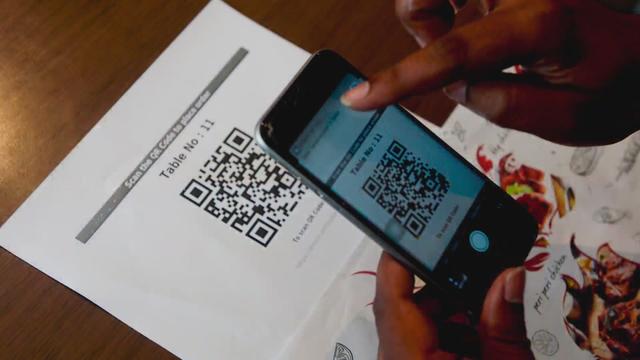FBI Special Agent Siobhan Johnson
https://www.fbi.gov/
Federal Bureau of Investigation’s Internet Crime Complaint Center
https://www.ic3.gov/Home/ConsumerAlerts
https://www.ic3.gov/
Reporting a tip or a scam: https://tips.fbi.gov/
To learn more about common scams: https://www.fbi.gov/scams-and-safety and https://www.fbi.gov/scams-and-safety/common-scams-and-crimes
More Information:
Cybercriminals Tampering with QR Codes to Steal Victim Funds
The FBI is issuing this announcement to raise awareness of malicious Quick Response (QR) codes. Cybercriminals are tampering with QR codes to redirect victims to malicious sites that steal login and financial information.
A QR code is a square barcode that a smartphone camera can scan and read to provide quick access to a website, to prompt the download of an application, and to direct payment to an intended recipient. Businesses use QR codes legitimately to provide convenient contactless access and have used them more frequently during the COVID-19 pandemic. However, cybercriminals are taking advantage of this technology by directing QR code scans to malicious sites to steal victim data, embedding malware to gain access to the victim’s device, and redirecting payment for cybercriminal use.
Cybercriminals tamper with both digital and physical QR codes to replace legitimate codes with malicious codes. A victim scans what they think to be a legitimate code but the tampered code directs victims to a malicious site, which prompts them to enter login and financial information. Access to this victim information gives the cybercriminal the ability to potentially steal funds through victim accounts.

Malicious QR codes may also contain embedded malware, allowing a criminal to gain access to the victim’s mobile device and steal the victim’s location as well as personal and financial information. The cybercriminal can leverage the stolen financial information to withdraw funds from victim accounts.
Businesses and individuals also use QR codes to facilitate payment. A business provides customers with a QR code directing them to a site where they can complete a payment transaction. However, a cybercriminal can replace the intended code with a tampered QR code and redirect the sender’s payment for cybercriminal use.
While QR codes are not malicious in nature, it is important to practice caution when entering financial information as well as providing payment through a site navigated to through a QR code. Law enforcement cannot guarantee the recovery of lost funds after transfer.
TIPS TO PROTECT YOURSELF:
If you believe you have been a victim of stolen funds from a tampered QR code, report the fraud to your local FBI field office at www.fbi.gov/contact-us/field-offices. The FBI also encourages victims to report fraudulent or suspicious activities to the FBI Internet Crime Complaint Center at www.ic3.gov.









